Juvenilia
-
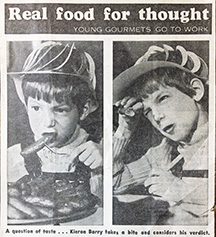
Seven-year-old Kieron Barry in the Daily Express
An early attempt to convert experience into language.
Click on the image to viewThe Daily Express article.
-

Cocktail club
Kieron Barry proudly serves as chairman of a cocktail club. The club meets every Friday to try two new drinks.
Click on the image to follow the club.
-
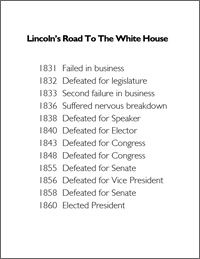
Lincoln’s road to the White House
-
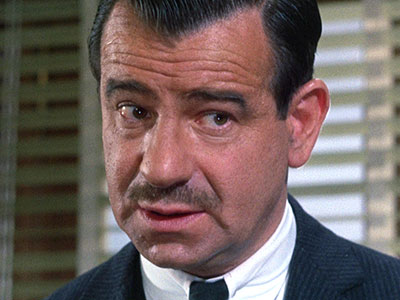
Walter Matthau forgets award envelope
Matthau realises early on he is without the necessary Oscar paperwork. This briefly throws him, and he fluffs a line. Yet with majestic sangfroid he blithely assumes a solution will present itself, and sure enough begins to sense the near-silent butler creeping towards him. Matthau takes the envelope without a backward glance, and eventually leaves the stage with an all’s-well-that-ends-well grin.
Click on image to view video.
-

Bill Clinton vs. George H. W. Bush
This is often considered the moment at which the 1992 US Presidential election was won. Faced with a question from a woman worried about the economy, Bush alternates between patronising her with a prickly sort of mock-confusion and desperately trying to recall an occasion when he met a member of the working class. (He also succeeds in checking his watch - hardly a flattering gesture.) Then comes Clinton. He walks towards the questioner, looks her in the eye and asks her about her own experience. And then delivers a flawless masterpiece of a response; intelligent, clear and empathetic.
Click on image to view video.
-
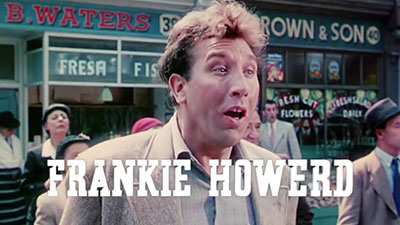
Frankie Howerd breaking the fourth wall
The comedian Frankie Howerd was a strange man. He was unable to admit that he wore a toupee, for example, which led to the awkward situation of the hair stylist for his series Up Pompeii having to fit a wig over the existing hair-piece rather than removing it. He had, though, an ability to turn weak material into comic gold by virtue of his being naturally and, it seemed, effortlessly hilarious.
At 1’38” in this excerpt from Up Pompeii he begins to read an ode. When he completes the first line with its set-up to an obvious, smutty rhyme, he shoots a look to the audience and rolls his tongue around his mouth in such a way as to suggest weary contempt both for the material and the audience. Yet the glance also manages to contain a flash of wicked glee. This creates a strange, improvised paradox; he impishly and knowingly encourages the audience to anticipate something he implies isn’t worth anticipating (and indeed which ultimately he refuses to provide - the ode lurches away from the rhyme at the last moment). By providing both the material itself and the commentary, Howerd flips endlessly from one thing to another like the famous duck/rabbit optical illusion. His performance alternates between subverting and celebrating the material; he is both in the moment and above it.
Click on image to view video.
-

Rod Hull and Emu
The late Rod Hull, who died falling off his roof in an attempt to fix his television aerial, will never be remembered as one of the great actors of the 20th Century. Yet that is precisely what he was. Admittedly his range was as narrow as a laser; he had only one act - performing the role of the hapless handler of a capricious and often violent emu. But whether famously attacking talk-show host Michael Parkinson or, as here, destroying a lecture on bird-grooming, when Emu was at full pelt it was literally impossible to remember he was only a puppet controlled by Hull. The two seemed in such opposition to each other that one could never fully accept they shared the same, single brain. In his nonsensical, slapdash way, Hull achieved a completeness of illusion denied most artists.
Click on image to view video.
-
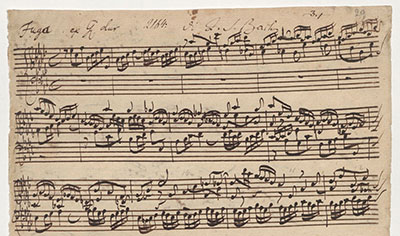
Paul Morley at the Royal Academy of Music
A fascinating article in the Guardian by music critic Paul Morley on first learning the fundamentals of music theory after thirty years of working as a music critic. 'What tends to be called classical music, in its purest state, seems to value a kind of loneliness.’
Click on image to read the Guardian article.
-
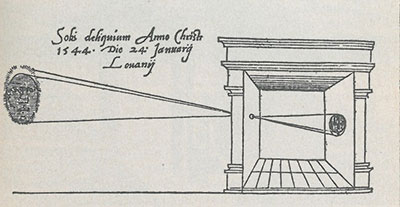
The right to a private life
Journalist John Lloyd writes thoughtfully in the Guardian on what the cases of Max Mosley and Gerry McCann tell us about the concept of privacy.
Click on image to read the Guardian article.
-
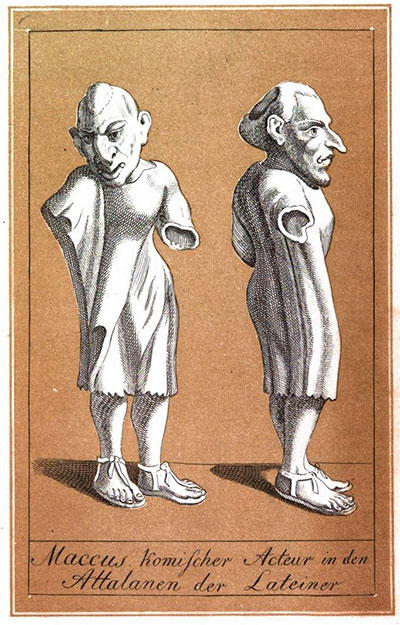
The Atlantic’s appraisal of Philip Seymour Hoffman’s career
Derek Thompson writes a beautiful piece, both elegy and analysis, of the greatest actor of his generation.
Click on image to read the Atlantic article.